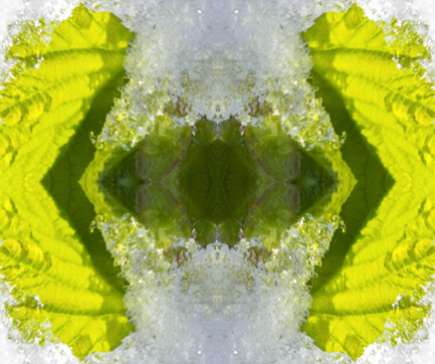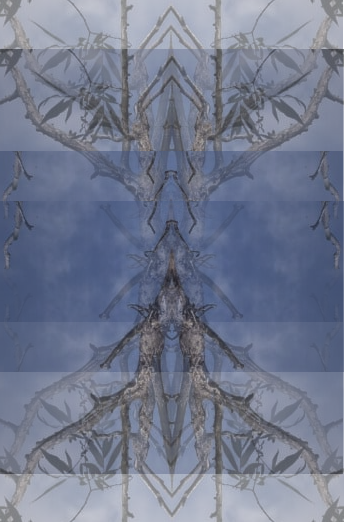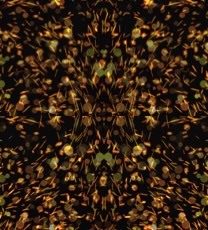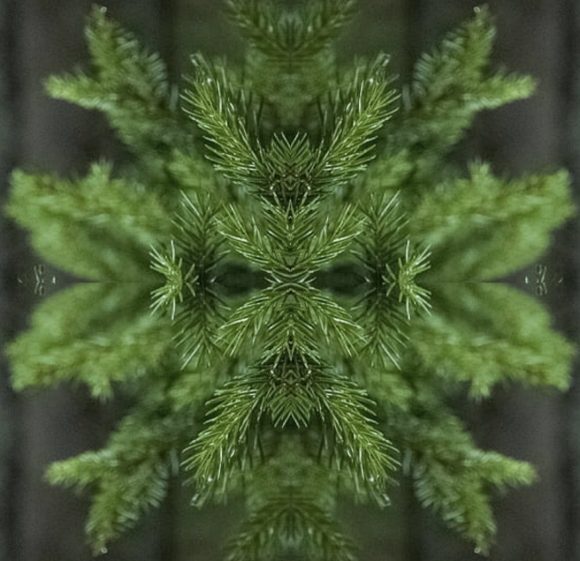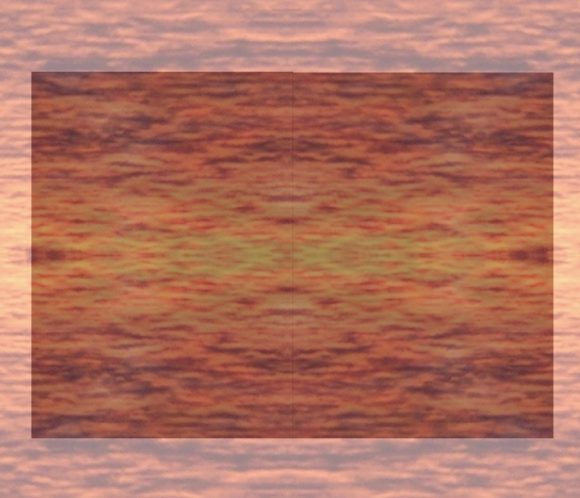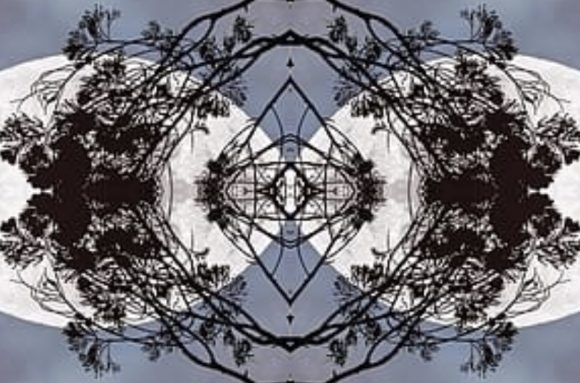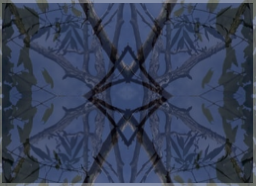
Jung’s suggestion, in the Grundproblem lecture, of a phenomenalist ontology runs counter to the proposal I have made earlier on this blog, where I suggested an ontological layout that would fit Jungian thought. This should not be surprising: if Jung’s own (admittedly rather sketchy) ontological views had been sufficient as a basis for his theories (and his methodology), there would be no need to...
